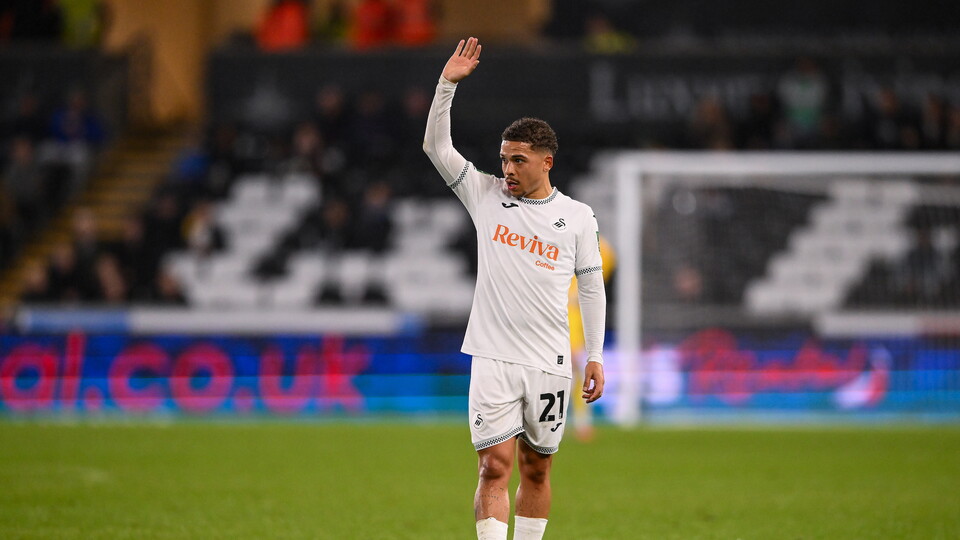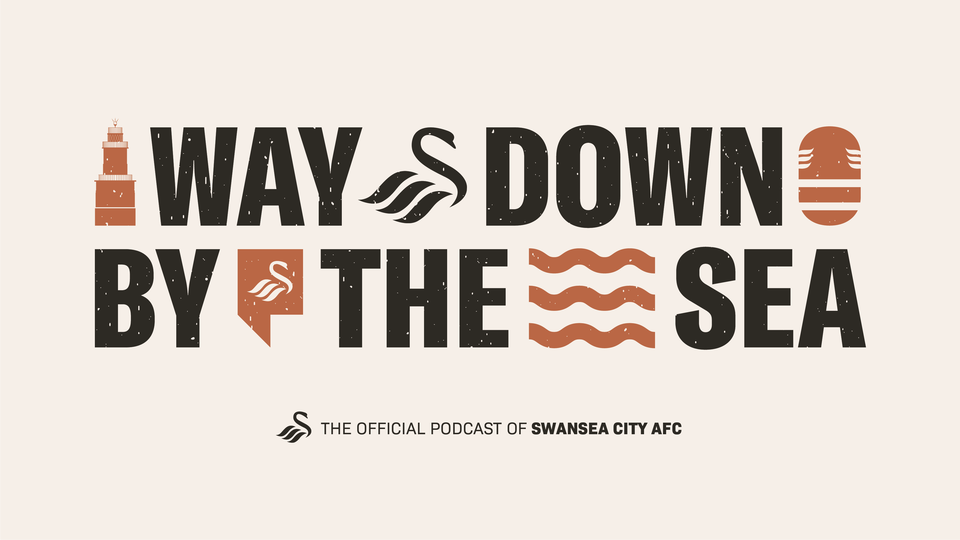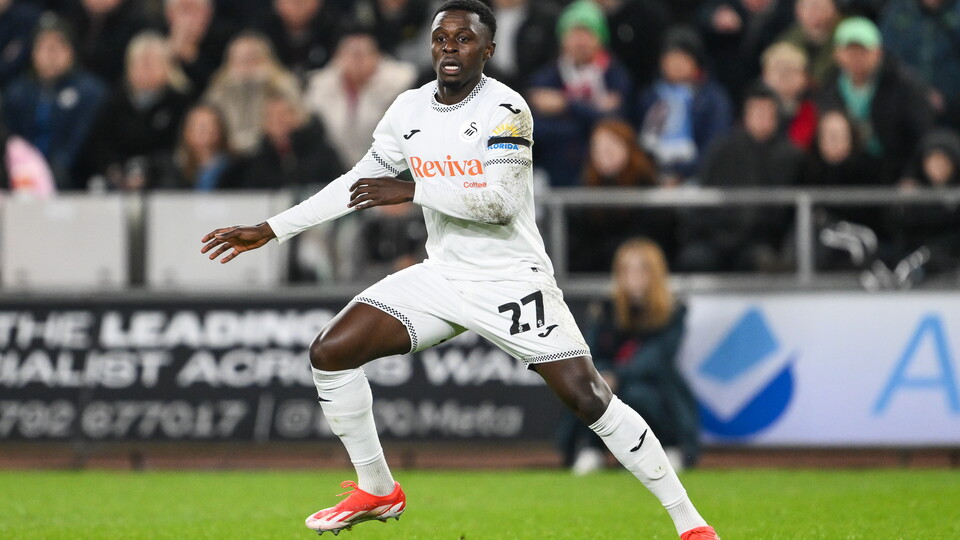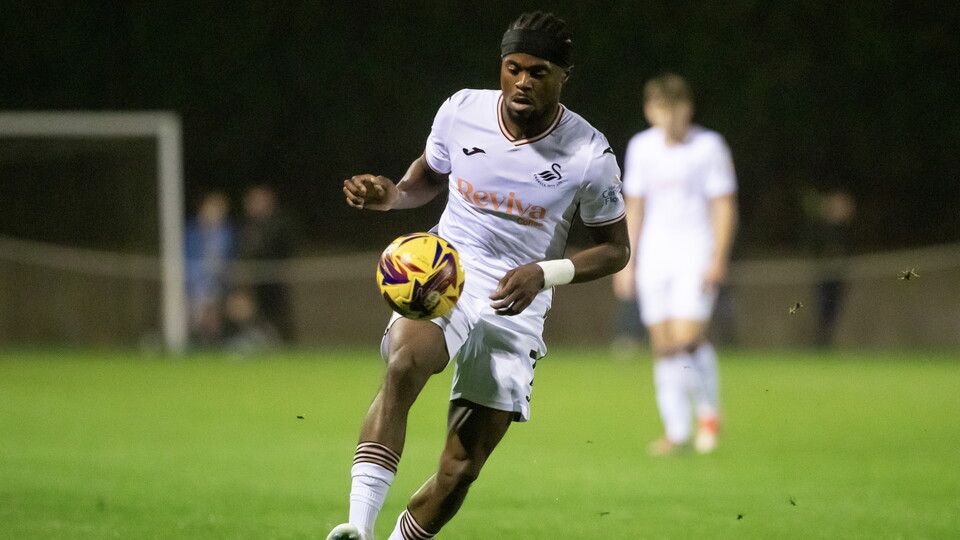The Premier League's Welsh invasion
Mon, 09/16/2013 - 00:03
Much has been made of the fact that 10 per-cent of the Premier League is now made up of Welsh clubs.
But you could argue that figure is 20 per cent, due to the presence of today's visitors Liverpool and their city rivals Everton.
Before you start wondering about my sanity, humour me for a little while . . .
Historically, Liverpool was known as the Capital of North Wales, due to its geographical position and the number of Welsh people who lived there.
Back in the 1870s the city had a Welsh population of 50,000 - that's more than the current population of Welsh towns like Bridgend, Llanelli and Merthyr.
There are many Welsh areas in the city including a part of Toxteth known as the Welsh Streets, built by skilled Welsh house builders and given Welsh names.
In Liverpool's Pall Mall there is a plaque commemorating the fact that the area was known as Little Wales.
At the beginning of the 19th century there were at least 90 Welsh chapels and mission halls on Merseyside.
The National Eisteddfod of Wales has been held on the banks of the Mersey six times - that's once more than Cardiff! Birkenhead has hosted the festival three times and Liverpool three times.
TV presenter Anne Robinson's main reason for wanting to put the Welsh in Room 101 was because there were so many of them speaking their native language in Liverpool when she was growing up there!
But going back to football, it's clear that the boundaries with North Wales have been blurred for many years.
You only have to look at the sports section of the Daily Post - North Wales' most read newspaper - to see where the sporting capital is. Page after page is dominated by the exploits of Liverpool and Everton. There is a massive following for both clubs in the area.
And we all know the Welsh football team's dressing room has historically had a strong Scouse flavour with the likes of Ian Rush, Joey Jones, Neville Southall, Kevin Ratcliffe, Gary Speed and Barry Horne all born in North Wales but worshipped by their respective clubs on Merseyside.
Going back even further Ray Lambert, of Bagillt, Flintshire, joined Liverpool as the youngest ever schoolboy to sign for a league club at the age of 13, back in 1939. The Welsh international defender went on to play over 300 times for the club either side of the Second World War. He was a key part of the team that won the first post-war league championship in 1947 and played in Liverpool's first Wembley appearance in the FA Cup final against Arsenal in 1950.
There's also been a North Wales Scousers influence in the England dressing room.
Liverpool's England international full-back Rob Jones was born in Wrexham and even has a suspiciously Welsh-influenced middle name - Marc (there's no K in the Welsh language)!
Michael Owen's nationality used to be fiercely debated, but the simple fact is although he was raised and educated in Hawarden, North Wales, he was born to English parents across the border in Chester - the nearest maternity hospital to his home.
So Liverpool has always been a place North Walian's have been happy to call home - whether they've been footballers or those looking for work in the 18th, 19th and early 20th Centuries .
Mind you, there was one footballing occasion when Liverpool must have felt a long way from home for the Wales national football team - the 2-0 World Cup qualifying defeat against Scotland, which was played at Anfield in 1977.
Wales were forced to play their "home" game away from Cardiff due to crowd trouble at a previous European Championship match against Yugoslavia at Ninian Park.
The Welsh FA chose Anfield over Wrexham's Racecourse Ground due to the potential for a bigger Welsh turnout.
The plan back-fired badly because the Welsh FA hadn't taken into account the migratory instincts and ingenuity of the Tartan Army and Liverpool was transformed into the capital of Scotland for the evening.
After the match, Scotland's Gordon McQueen recalled how the Scottish invasion of Anfield had shocked one of Liverpool's favourite North Walians. "I know Joey Jones, who was full-back for Liverpool at that time, had said he couldn't wait to run out and see The Kop a sea of red.
"He was team-mates with Kenny Dalglish and he kept talking about it in the build-up to the match. He kept saying: 'Just you wait till you see the Welsh support.' His usual routine was to run out towards The Kop before every game and that night he thought it would be the same. But that night he ran out and it was a sea of blue. He took a few paces towards it and then realised that it was all tartan and blue!
"In fact, the whole ground was a sea of blue and tartan and it was an astonishing atmosphere, electric."
Another of Wales' Liverpool contingent that night was John Toshack, who was to ensure city's Welsh connection travelled further south than North Wales when the Cardiff-born striker moved back down south to take over as player manager here in Swansea.
Although the migration which followed didn't match that of the Welsh moving to Liverpool a century earlier, there was certainly a steady flow of players who followed Tosh to the old Vetch Field.
The likes of Tommy Smith, Ian Callaghan, Ray Kennedy and Colin Irwin all followed from Anfield, along with Gary Stanley, Neil Robinson and Bob Latchford from Everton.
Although less prevalent today there's obviously still a chance of hearing a Liverpool accent echoing around the Liberty these days, thanks to the dulcet tones of Lee Trundle who recently returned to the club in his ambassadorial role.
Despite there being much less Welsh heard on the streets of Liverpool these days, there is at least one Welsh speaker still up there in the shape of former Swan Joe Allen!
If anyone is left in any doubt of Liverpool's Welsh connections after that little lot, what about that famous "Welsh" Evertonian Pat Van Den Hauwe?!
And, of course, there was Rhyl-born actress Nerys Hughes starring in the iconic British sitcom The Liver Birds! I rest my case.
Let's just hope that if Liverpool is indeed the capital of North Wales, the "Gogs" are sent home empty handed this evening.
Come on you Swans.



